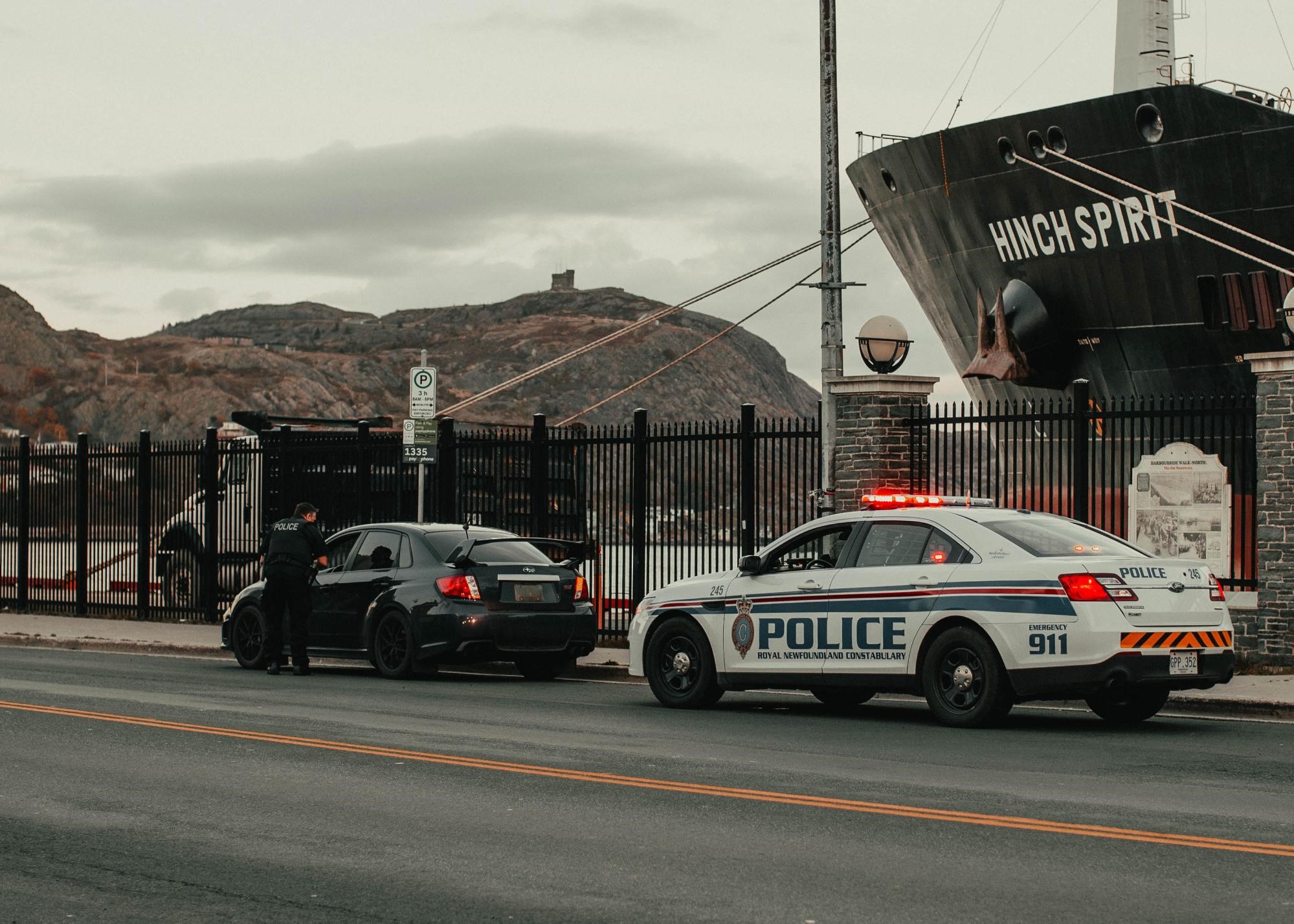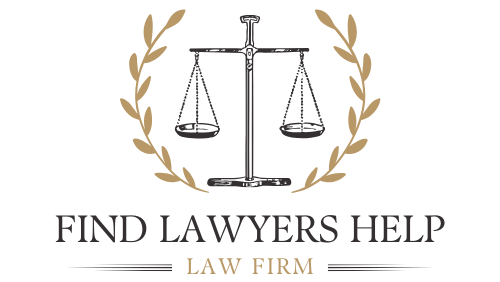
When Is Contesting a Traffic Ticket a Wise Decision?
When Is Contesting a Traffic Ticket a Wise Decision?
Receiving a traffic ticket can be a frustrating experience for any driver. While many people choose to pay the fine and move on, contesting a ticket can sometimes be a wise decision. This article will explore the circumstances under which contesting a traffic ticket is advisable, the potential benefits and drawbacks, and the steps involved in the process. Additionally, we will provide a comprehensive FAQ section to address common concerns related to traffic tickets.
Understanding Traffic Tickets
Traffic tickets are legal documents issued by law enforcement officers to individuals who violate traffic laws. These violations can range from minor infractions, such as failing to signal, to more serious offenses like reckless driving or DUI (driving under the influence). Depending on the severity of the violation, consequences can include fines, points on your driving record, increased insurance premiums, and even license suspension.
Reasons to Contest a Traffic Ticket
Contesting a traffic ticket may be appropriate in several situations:
- Insufficient Evidence: If you believe that the evidence against you is weak or insufficient to prove your guilt, contesting the ticket could lead to its dismissal.
- Procedural Errors: If there were mistakes made during the issuance of the ticket—such as incorrect information or failure to follow proper procedures—this could provide grounds for contesting it.
- Mitigating Circumstances: If there were extenuating circumstances that contributed to your violation (e.g., medical emergencies), these may be considered by the court.
- Potential for Reduced Penalties: Even if you believe you may not win your case outright, contesting a ticket can sometimes lead to reduced penalties through plea bargaining.
- Maintaining a Clean Driving Record: For drivers concerned about points accumulating on their record, contesting a ticket may help avoid long-term consequences like increased insurance rates or license suspension.
Factors to Consider Before Contesting
Before deciding to contest a traffic ticket, consider the following factors:
- Cost vs. Benefit: Assess whether the potential benefits of contesting outweigh the costs involved, including court fees and possible attorney fees.
- Time Commitment: Contesting a ticket often requires multiple court appearances and preparation time, which can be burdensome.
- Likelihood of Success: Evaluate the strength of your case based on available evidence and legal precedents. Consulting with an attorney may provide insight into your chances of success.
- Impact on Insurance: Understand how contesting or paying the ticket may affect your insurance premiums in the long run.
The Process of Contesting a Traffic Ticket
If you decide to contest your traffic ticket, follow these steps:
- Review the Ticket: Carefully read the ticket for details about the alleged violation and any instructions provided.
- Gather Evidence: Collect any evidence that supports your case, such as photographs, witness statements, or documentation related to mitigating circumstances.
- Consult an Attorney: If you are unsure about how to proceed or if your case is complex, consulting with an attorney who specializes in traffic law can provide valuable guidance.
- File Your Contest: Depending on your jurisdiction, you may need to file paperwork with the court indicating your intention to contest the ticket.
- Prepare for Court: If your case goes to court, prepare your arguments and evidence thoroughly. Practice presenting your case clearly and confidently.
- Attend Court Hearing: Present your case before a judge or magistrate during the scheduled hearing. Be respectful and stick to the facts.
- Await Judgment: After presenting your case, wait for the judge’s decision regarding the outcome of your contest.
Pros and Cons of Contesting a Traffic Ticket
| Pros | Cons |
|---|---|
| Potential dismissal of charges | Time-consuming process |
| Opportunity for reduced penalties | Possible additional fines if unsuccessful |
| Avoidance of points on driving record | Requires gathering evidence and preparation |
| Maintaining lower insurance premiums | Emotional stress from court appearances |
| Ability to present mitigating circumstances | Potential need for legal representation |
Frequently Asked Questions (FAQs)
1. What should I do if I receive a traffic ticket?
Review the ticket carefully for details about the violation and instructions for payment or contesting it. Consider whether you have valid reasons to contest it based on evidence or procedural errors.
2. Can I represent myself in court when contesting a traffic ticket?
Yes, you can represent yourself in court; however, having legal representation may improve your chances of success due to their expertise in traffic law.
3. What happens if I lose my case in court?
If you lose your case, you will typically have to pay the original fine along with any additional penalties that may apply due to court costs or increased fines for repeat offenses.
4. How long do I have to contest a traffic ticket?
The timeframe for contesting a traffic ticket varies by jurisdiction but is generally within 15-30 days from when you received it. Check local laws for specific deadlines.
5. Will contesting my ticket affect my insurance rates?
If you successfully contest your ticket and it is dismissed, it should not impact your insurance rates; however, if you are found guilty, it may lead to increased premiums due to points added to your driving record.
Conclusion
Deciding whether to contest a traffic ticket involves careful consideration of various factors including potential benefits, costs, and personal circumstances. While contesting can lead to favorable outcomes such as reduced penalties or even dismissal of charges, it also requires time and effort that may not always be justified depending on the situation at hand. By understanding your rights and evaluating your options thoroughly, you can make an informed decision that best suits your needs.For further information regarding traffic laws and rights related to traffic tickets in general, visit Nolo’s Guide on Traffic Tickets.
